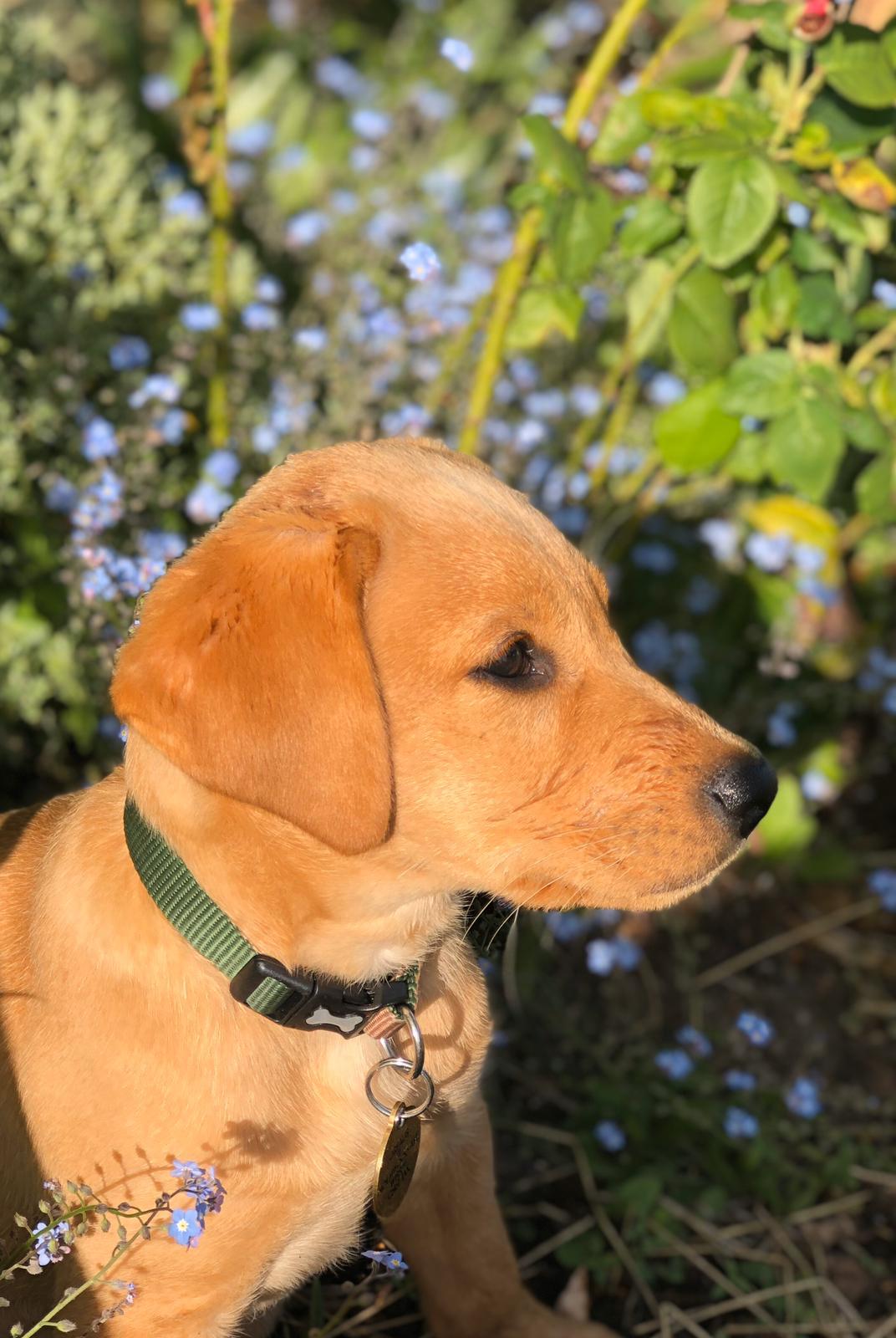Hope and Happy Endings!
Dogs and stories are, obviously, two of my favourite things, so I’m VERY excited to be involved with the Hope Rescue short story competition for young writers. The rules are simple: 500 words, about a dog(s), and you have to be under 16. The prizes are many, and rather fabulous – the winner has their story read out on the radio by top comedian Rhod Gilbert, and they win a Kindle Fire, and they have a tour of the Hope Rescue centre (Covids permitting, so it might be virtual) and they get the chance to name a dog at the Rescue. I am tempted to enter myself, despite being a little (cough) over the age of 16. But I can’t, sadly, as I’m on the judging panel.
The story can be anything your young writer likes: it can be about their own dog, or an imaginary one; it can be funny or serious; it can be about a modern dog now, or a Roman dog living his best Roman life, or a space dog (actually, maybe not a space dog), or a Government of various chihuahuas and schnauzers running the country to make it more dog-friendly, or a detective Great Dane-Border Terrier combo, or a love story seen through the eyes of the owners’ faithful spaniels… Honestly, anything. I should say, full disclosure, I am very much in favour of a happy ending. Please don’t make me cry.
500 words really isn’t a lot, so here are some quick tips to get started:
1. choose your words carefully: simple language helps keep the story rolling along. You don’t need lots of complicated words – they have more impact if you drop them into your story like jewels at just the right place. If you find you’ve written more than 500 words, read back and see if you can take out any adjectives or adjectives that are doing double duty, like ‘she shouted, angrily’ or ‘his face was hot and red’.
2. beginning, middle, end. Stories need three phases – a starting place, something changing, then something resolving as a result of the change. So…. the dog was bored because the humans were watching rugby; the dog decided to take himself for a walk on his own and got lost in the woods; the dog and the humans ran into the SAS who were on manoeuvres in the forest and were all taken home for tea in a helicopter.
3. use all the senses to find unusual ways to describe familiar things: if you’re writing from the point of view of a dog, then smell will be hugely important, along with taste! Maybe not hearing so much.
4. if you’re having trouble getting to know your characters, think of three words that describe them best: Jeannie is shy, musical and kind. Rachel is selfish, determined and dark-haired. Gem is clever, light-footed and a Border Collie. That sort of thing.
5. When you’ve finished, read your story aloud. It’s the quickest way to see if you’ve used a particular word too many times, or if you accidentally deleted the all-important sentence that reveals who did it!
And, while you’re there, please do have a look at Hope Rescue’s website. It’s a brilliant organisation, run by tirelessly kind people and a lot of volunteers working behind the scenes to give hundreds and hundreds of abandoned dogs a chance of happiness every year. This has been a punishing 12 months for Hope Rescue, with the floods at the start of 2020 wiping out their lovely (and financially vital) charity shop in Pontypridd, and then Covid decimating their fundraising calendar – and all the while, neglected and lost dogs are still coming in to them, often with serious medical conditions. If you or your doggo wants to donate a few chews or maybe even a couple of quid, it’s going straight to dogs who truly need a little kindness right now. And that’s a real happy ending.


Be the first to comment on this.